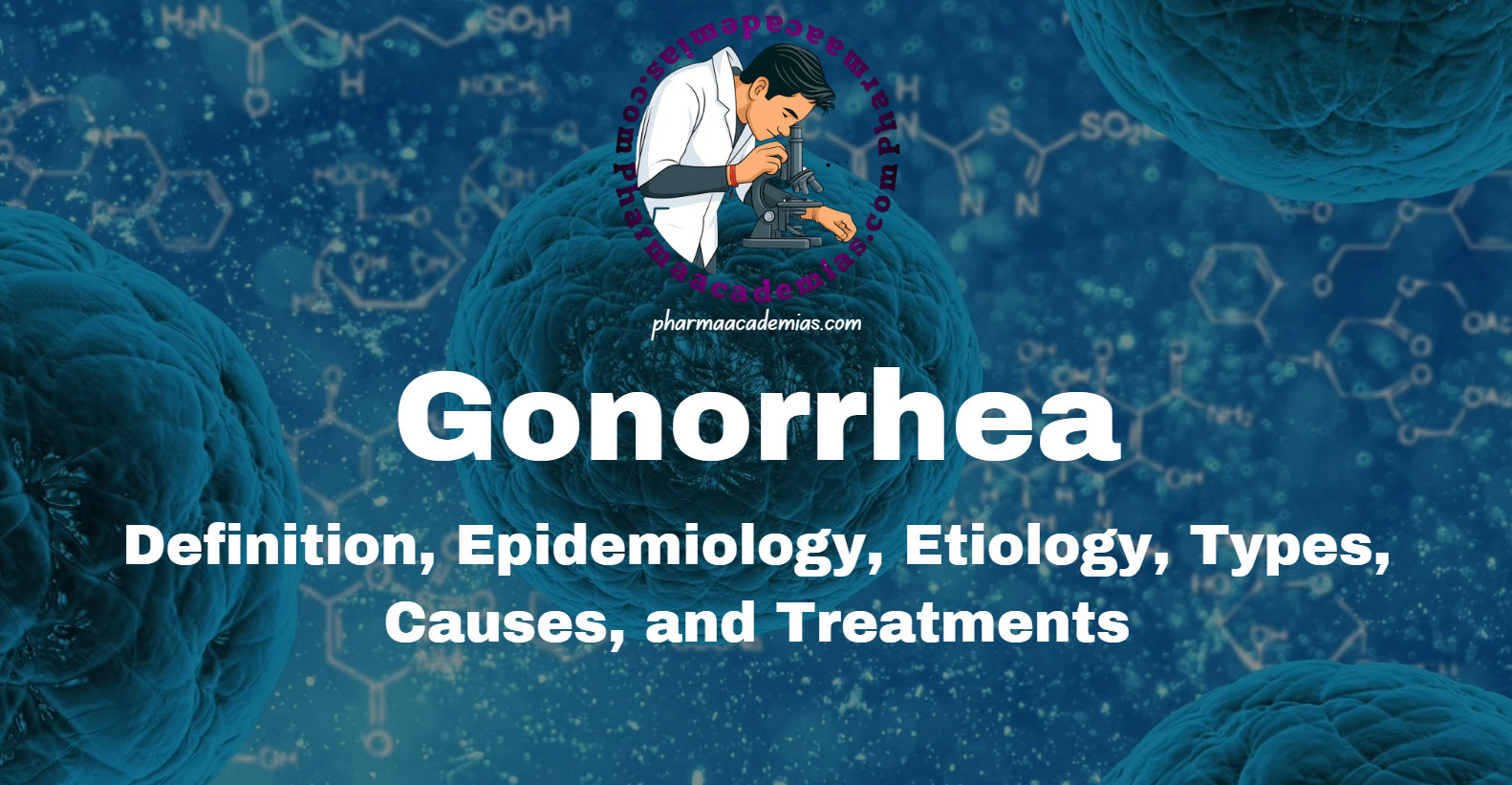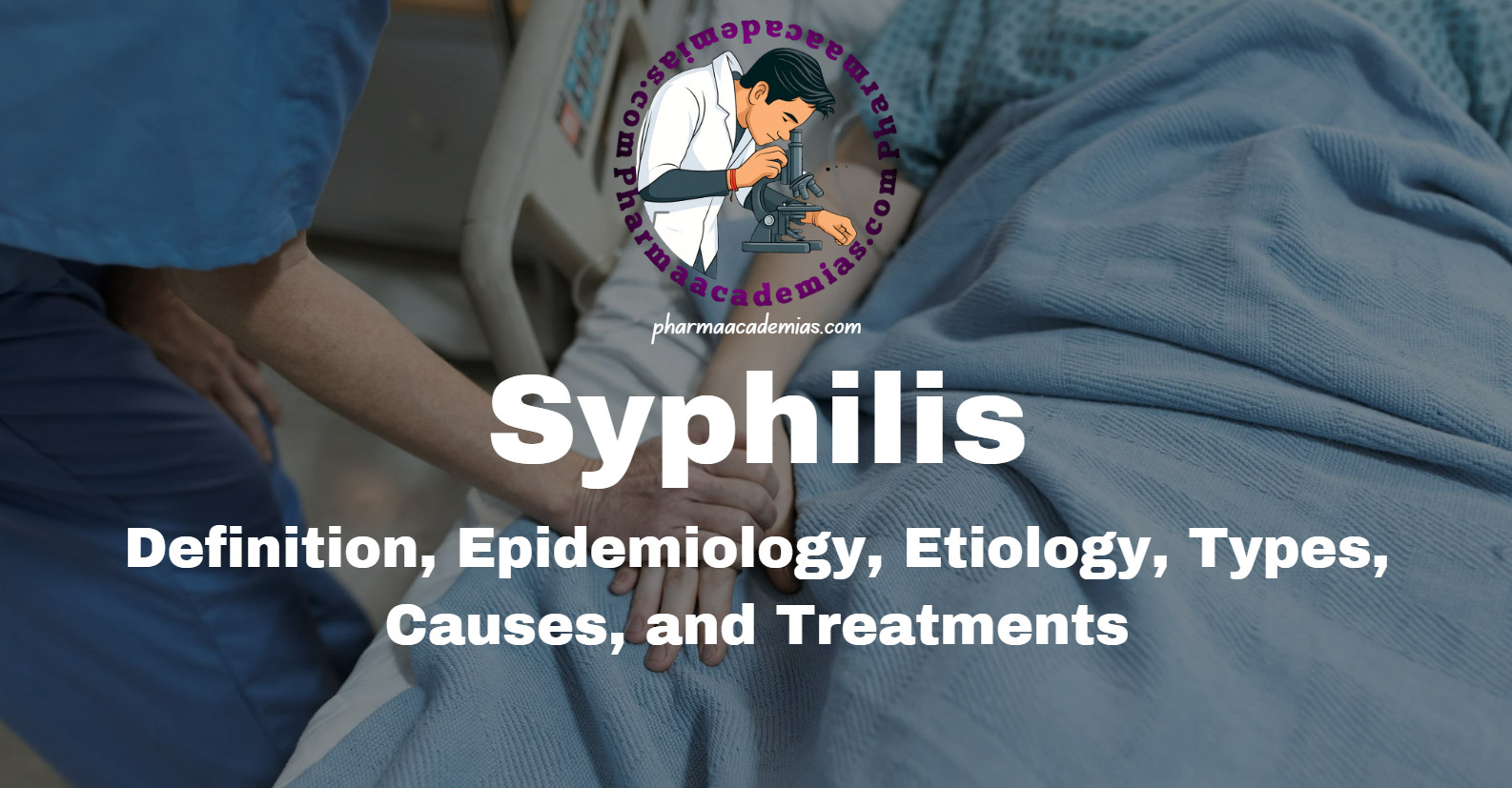Chronic Obstructive Pulmonary Disease
Chronic Obstructive Pulmonary Disease (COPD) represents a progressive, debilitating, and irreversible pulmonary disorder that significantly impairs the airflow within the lungs, limiting the individual’s ability to breathe normally. It encompasses two primary pathological conditions: emphysema, characterized by the destruction of alveolar walls, and chronic bronchitis, defined by chronic inflammation and mucus hypersecretion in the bronchial … Read more







